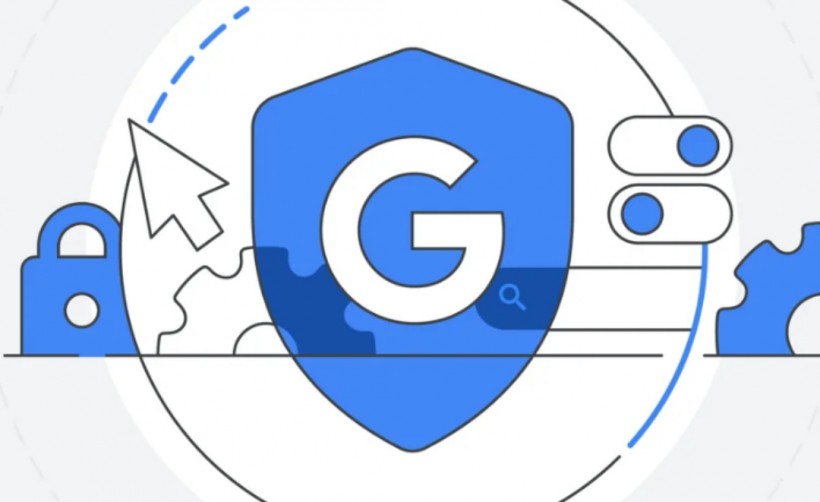Your private information is called private for a reason. It has no place on the web for anyone to access, but there are times when they end up there anyway. Google rolled out a system that detects whether your information can be found online and will notify you if it does.

Removing Your Information Online
The feature has actually been rolled out by Google in September 2022. Until recently, users have had to search for their private information themselves before they turn up in the results. The update makes the process more automated and streamlined.
Upon searching for your information on Google, the search engine will direct you to your "results about you" dashboard, which will show you the websites that contain the matches, meaning that you won't have to check them one by one yourself.
After viewing the web pages, you can choose which of them shouldn't have your data and submit requests to Google to have them removed. If you intend to prevent that from happening again, you can enable push notifications for new results.
As reported by The Verge, the mentioned feature has been released last year, although it fits right in with the new update. You can also view your requests on Google Hub to see which are approved, denied, or still in consideration.
There are still websites that are out of Google's reach. For instance, certain government or education-affiliated sites cannot be changed by the search engine. You will have to request the removal of your information directly from the organizations.
So far, the new update is only available in English and in the US, although Google plans on rolling it out to other countries as well. It's a useful feature since having your private information online can be used for fraudulent activities by bad actors.
Read Also: Security Researchers' Exploit Unlocks Android Phones in 45 Minutes
Why You Should Use It
Through just your name, phone number, address, and other sensitive information, threat actors may be able to subject you to phishing scams or use them for other fraudulent activities. For instance, you can become a victim of identity theft.
With more skilled hackers, they can get a hold of your financial credentials through your name alone. This could lead to identity theft, wherein the bad actor could impersonate you and use your financial accounts to make purchases themselves.
Your name could also link them to your social media accounts. In the event that they were able to identify you through social media, they can find more information to help them with fraudulent activities, as well as track those who are connected to your account.
In case you can't have your private data on the web taken down, you should conduct safety measures yourself. For example, you can turn your social media profiles private so threat actors won't gain information from them.
You should also be wary of various forms of phishing. As mentioned in Trend Micro, avoid opening email attachments that seem suspicious as they might have malicious links. Check the privacy and security policies of the sites you visit to know what kind of information they save.










